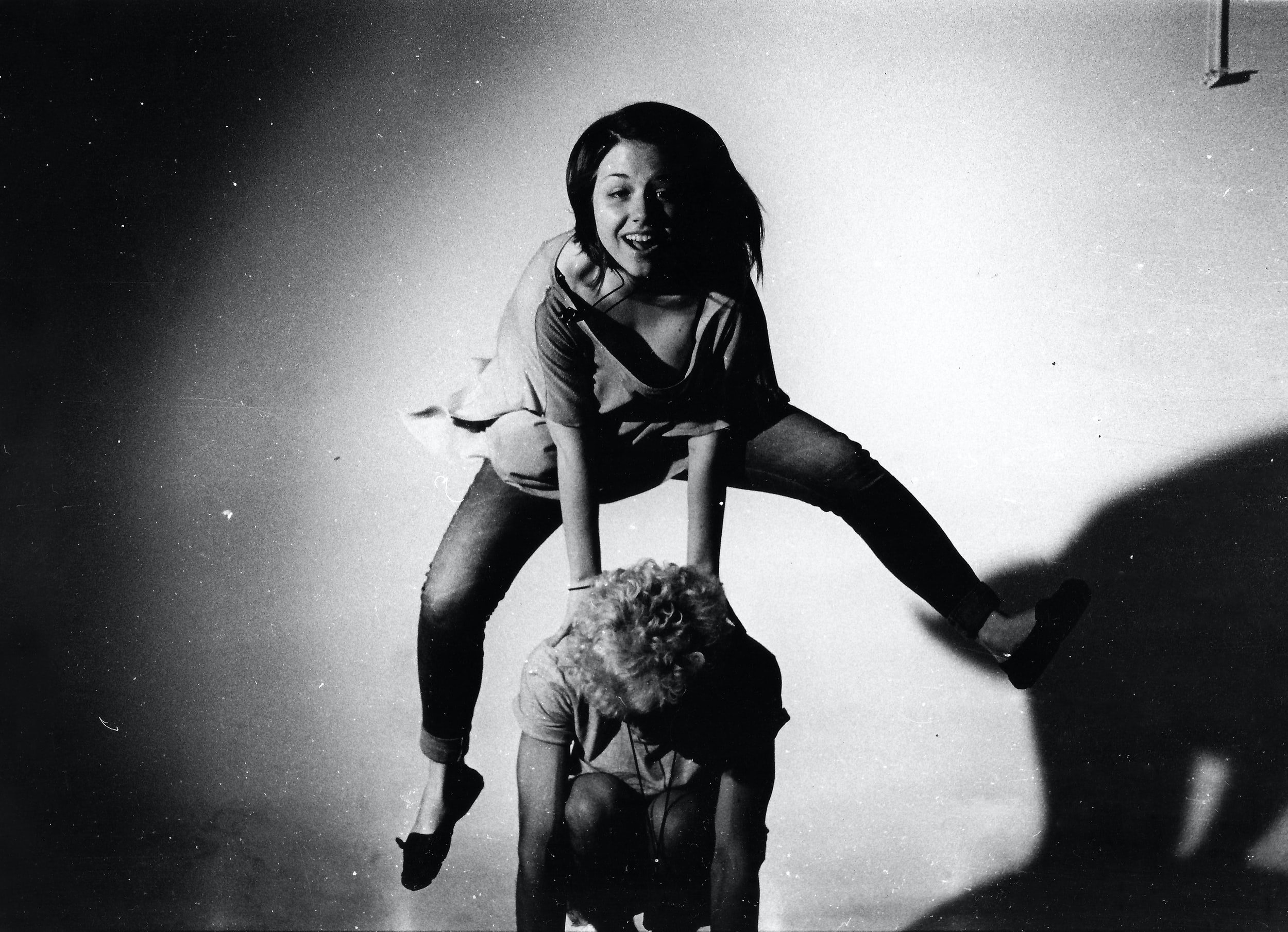Enjoying the Pastoral Prayer
“Let’s pray.”
With these words, the pastor in the pulpit bows his head and everyone in the pews around me does the same. What follows is pretty unspectacular. A roomful of people close their eyes. Their pastor speaks words of praise and thanksgiving, of confession and repentance, of desire and supplication. It might last for five or ten or fifteen minutes. There is no music. No movement. No sound except the voice of one man and the quiet “Amens” from the congregation.
This hardly seems like a high point in the worship service. And, I admit, I haven’t always enjoyed it.
As a child, I squirmed and daydreamed through many pastoral prayers. As a teenager, I slept through a handful. Even as an adult, I find my mind wandering and my heart cooling more often than I would like to confess. At such times, the week’s calendar or the prospect of lunch seem more compelling and delightful than sitting in church with my head bowed.
But, Sunday after Sunday, I must remind myself that these moments of prayer are much more than they seem to my myopic human eyes. The pastoral prayer is not a passive interlude. It’s not a serene intermission for the congregation to catch its breath. It’s far from boring.
It’s work. And it’s war.
When I was a teenager, I lived for a while in the Scottish Highlands. I’ll never forget my first Sunday in the village church: as the pastor began to pray, the entire congregation rose to its feet. We were not listening to the prayer. We were praying. The pastor was the mouthpiece—he gave words to our desires—but we all joined our hearts before the Throne of God.
In the book of Revelation, the Apostle John pulls back the curtain of heaven so that we might see what our prayers look like from God’s perspective. John writes:
And another angel came and stood at the altar with a golden censer, and he was given much incense to offer with the prayers of all the saints on the golden altar before the throne, and the smoke of the incense, with the prayers of the saints, rose before God from the hand of the angel. Then the angel took the censer and filled it with fire from the altar and threw it on the earth, and there were peals of thunder, rumblings, flashes of lightening, and an earthquake. (Revelation 8:3-5)
This picture looks nothing like the quiet, unspectacular ten minutes we experience every Sunday morning. Incense. Fire. Thunder. Lightening. Earthquake. In the words of one commentator, “the prayers of the saints and the fire of God move the whole course of the world.”
Elsewhere in Scripture, we read that by our prayers God’s people escape temptation and find deliverance from evil (Matt. 6:13). By our prayers, Satan’s subjects surrender and his demons admit defeat (Mark 9:29). And by our prayers, the gospel of Christ secures victory in people’s hearts (2 Thess. 3:1).
When ordinary people bow their heads in the wobbly pews of a nondescript church building on any Sunday morning, their prayers are used by God to accomplish his great purposes.
Enjoying the pastoral prayer, then, means that we see ourselves not as passive listeners to someone else’s prayer but as active members of a praying army, boldly approaching the very Throne of God. It means that we cherish the invitation to join with our brothers and sisters in this important work. It means that we learn to delight in what God will do as we pray together.
Megan Hill is a pastor’s wife and writer living in Massachusetts. She is the author of Praying Together (Crossway 2016).
(Learn more about Trillia’s new book Enjoy: Finding the Freedom to Delight Daily in God’s Good Gifts)
RELATED CONTENT










“Let’s pray.” With these words, the pastor in the pulpit bows his head and everyone in the pews around me does the same. What follows is pretty unspectacular…